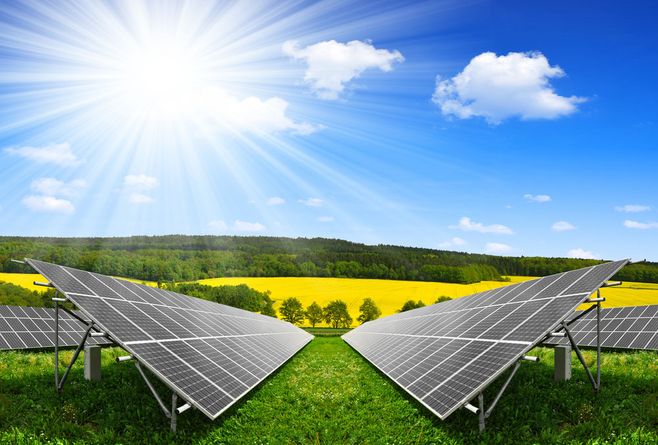The Environmental Impact of Solar Energy
08/15/2021
When you drive past a house in your neighborhood with a solar array atop their roof, or nearby rows of panels laid bare along a rural highway, they’re all part of a major movement towards a cleaner and brighter future. When we think about solar, it is important to understand the environmental impact solar energy has on our communities and our environment.
In California, and in many states across America, much of our power is derived from fossil fuels, specifically coal. Thankfully, California is charging ahead with initiatives to install greener energy in order to meet our yearly energy demands. One of the best and most accessible ways to do this is to install solar panels onto our roofs.
Today, solar panels last 25+ years and come with extended warranties before they start to undergo any noticeable degradation.
Another major environmental impact of solar energy is that solar systems can be installed on landfill sites and reclaimable land that otherwise has little to no use. With an array placed at these locations, they can be generating clean power for decades to come. Can an old oil derrick or coal drill do any of that?
A common misconception about the environmental impact of solar energy is that solar panels that are replaced by new ones will be tossed out, contributing to our ballooning e-waste problem around the world. This is simply not the case. Solar panels will still be able to provide some power for many more years to come, and many see use in other areas where they can be recycled and utilized again for projects such as:
rural uses for well pumps and irrigation
schools and educational programs
By 2050, an estimated 60 Million tons of PV solar will likely be broken down and recycled worldwide, and 96% of the materials involved can be reused for future solar panels. At this rate, recycled solar alone will grow to a $15 billion industry!
Overall, solar is an excellent way to sustain our daily energy needs that will last for decades. The environmental impact of solar energy is beneficial to our earth and leaves a much smaller carbon footprint than fossil fuels do. We have made incredible strides in solar energy within the last 50 years, and while solar power is at its most efficient and lowest costs to date, it is exciting to see what the future will bring.







 Catherine
Catherine
 Sales Manager
Sales Manager